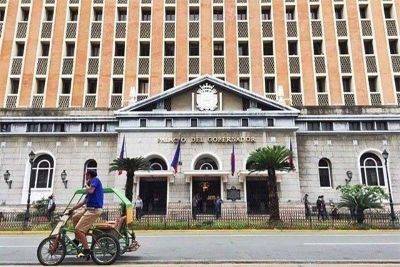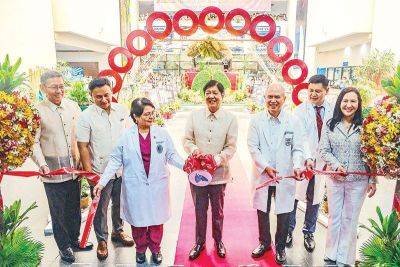President Marcos Marcos signs ease of paying taxes law
MANILA, Philippines — President Marcos signed on Friday Republic Act 11976, also known as the Ease of Paying Taxes Act, to further improve revenue collection and protect taxpayers’ rights through digitalization.
According to Presidential Communications Office Secretary Cheloy Garafil, the law will modernize and increase the efficiency of tax administration, strengthen taxpayer rights and allow the government to capture as many taxpayers as possible into the tax net by streamlining the system and minimizing the burden on taxpayers.
“The newly signed Ease of Paying Taxes law supports the administration’s 8-Point Socioeconomic Agenda through the collection of more taxes to enhance economic and social development,” Garafil said in a statement yesterday.
Ease of Paying Taxes was among the priority measures mentioned by Marcos during his State of the Nation Address in 2022 and 2023.
The new law introduces administrative tax reforms and amendments to several sections of the National Internal Revenue Code of 1997, updates the Philippine taxation system, adopts best practices and replaces antiquated procedures, Garafil said.
Among its salient features are the classification of taxpayers into micro, small, medium and large; the electronic or manual filing of returns and payment of taxes either to the Bureau of Internal Revenue (BIR) or through any authorized agent bank or authorized tax software provider; the option to pay internal revenue taxes removal to the city or municipal treasurer; elimination of the distinction between documentation and basis of sales of goods and services; and classification of value-added tax refund claims into low, medium and high-risk.
In order to improve the performance and efficiency of the BIR, the law mandates the agency to adopt an integrated digitalization strategy by providing end-to-end solutions for the benefit of taxpayers.
Among the digitalization initiatives that should be carried out are adopting an integrated and automated system for facilitating basic tax services, setting up electronic and online system for data and information exchange between offices and departments, streamlining of procedures by adopting automation and







